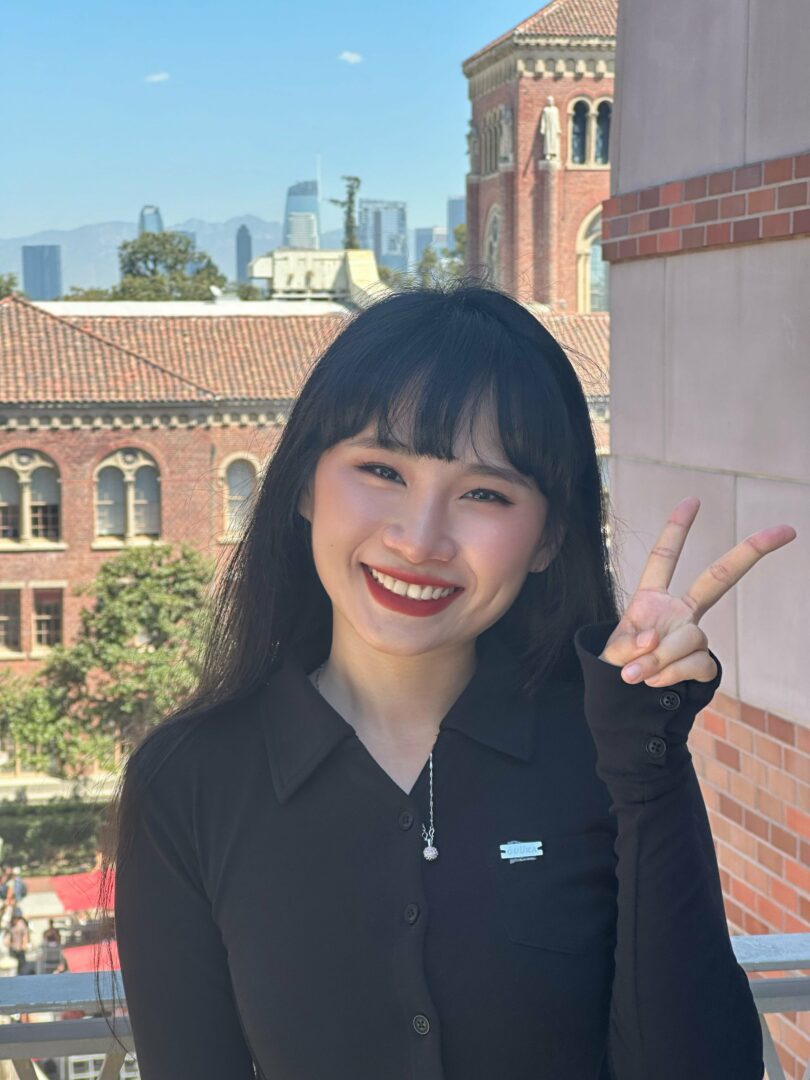We’re excited to introduce you to the always interesting and insightful Xinhui Wang. We hope you’ll enjoy our conversation with Xinhui below.
Xinhui, so excited to have you with us today. So much we can chat about, but one of the questions we are most interested in is how you have managed to keep your creativity alive.
As a filmmaker, keeping creativity alive often requires actively nurturing the spark that first drew me to storytelling. As many would do, I try to watch or rewatch a film everyday. Rewatching a film after time has passed is like meeting an old friend with fresh eyes—I notice details and layers I missed before. Rewatching lets me focus on craft. Why did they choose this shot? How did they structure the pacing? It’s like a free masterclass in storytelling. Sometimes I take inspiration directly; other times, it’s just the nudge I need to try something bold. Films have a way of resonating differently at different points in life. Maybe a scene that felt funny before now feels bittersweet. Understanding why my reaction changed deepens my appreciation for storytelling and reminds me of the emotional power I want to channel in my own work.
To keep my creativity alive, I also allow myself to try things that might not work. Editing can be like sculpting—sometimes you chip away, reshape, or start over. Giving myself the freedom to make mistakes opens doors to unexpected discoveries.
Burnout kills creativity. I set boundaries, take breaks, and give myself time to dream without deadlines or expectations.
For me, filmmaking isn’t just about creating—it’s about connecting. And remembering that helps keep the passion alive.
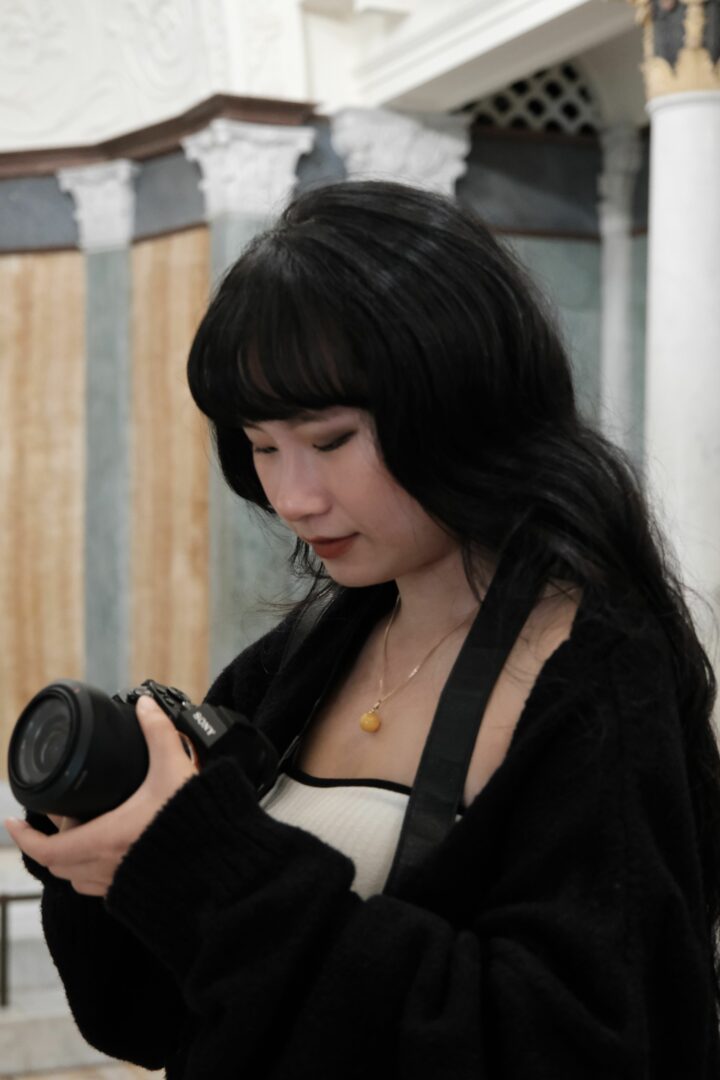
Thanks, so before we move on maybe you can share a bit more about yourself?
I was born and raised in a small city in China. My dad used to get angry a lot when I was little, he was serious all the time and barely smiles. I remember it was a hot afternoon, I was 6 years old, me and my dad watched a movie together in our living room. I couldn’t understand the story of that movie, but I deeply remember how it made my dad laugh so loud. I looked at my dad and thought…movie is magic that could make my dad laugh. I think that’s how it all started. I fell in love with movies. When I was 17 years old, I decided to go to South Korea to study filmmaking in college. And I came to the U.S. about three years ago. I just graduated from USC as an MFA film production student this December.
During the three years at USC, I found myself gradually got interested in film editing. People say editing is like rewriting a story in the editing room–and it’s true! I think editing is the invisible art, because when done well, it seamlessly shapes a story without drawing attention to itself. It’s one of the most delicate stages of filmmaking, where the story truly comes alive. A scene can feel tense or relaxed, rushed or contemplative, based solely on how it’s cut. The delicate balance lies in letting moments breathe while keeping the audience engaged. Editors have the power to refine actors’ performances. Choosing the right take, framing, or reaction shot can shift a character’s emotional arc. The editor also determines what the audience sees, when they see it, and how much they know. As someone who jokes about “marrying” sound and picture, I see editing as a harmonious union. Dialogue, sound effects, and music don’t just accompany the visuals—they transform them. Also, knowing how to edit helps me make decisions on set as a director too.
Recently, I finished editing my friend’s thesis film editing. And I’m about to start two other short films’ editing. I’m really looking forward to it.
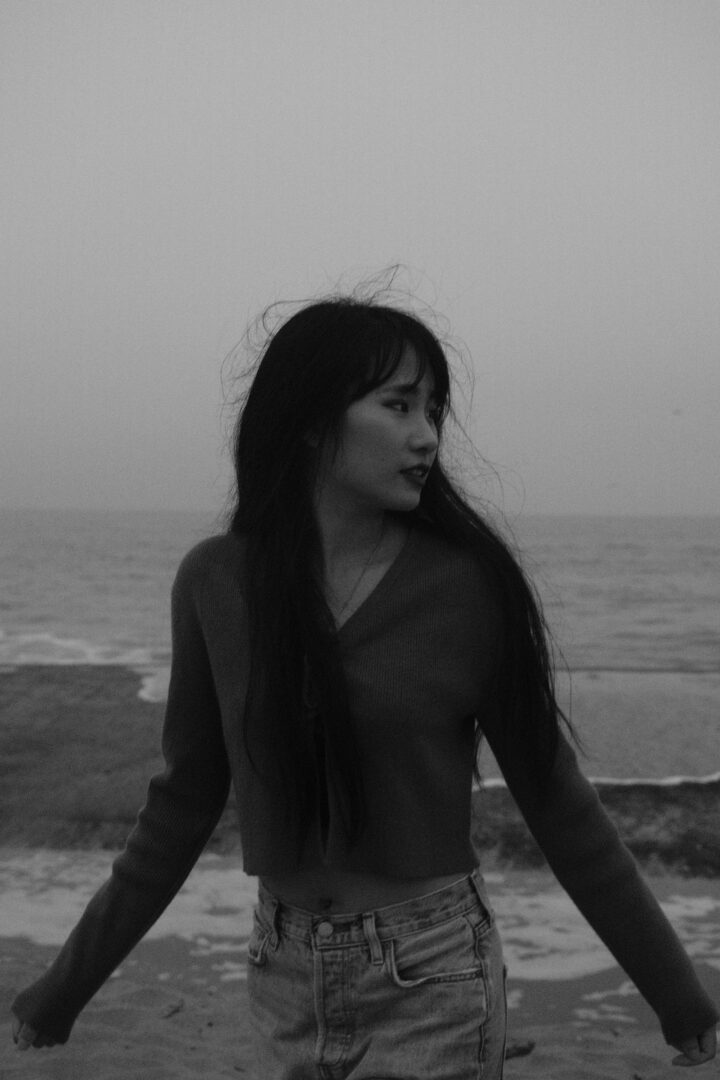
There is so much advice out there about all the different skills and qualities folks need to develop in order to succeed in today’s highly competitive environment and often it can feel overwhelming. So, if we had to break it down to just the three that matter most, which three skills or qualities would you focus on?
1. Storytelling Instinct
At its core, filmmaking is about connecting with audiences through compelling stories. A strong storytelling instinct often helps recognize emotional beats, create tension, and deliver satisfying resolutions. It’s not just about what happens in a story but how it’s told visually, emotionally, and structurally.
I usually like to improve this skill by watching movies not as an “audience”, but like a filmmaker–meaning, instead of passively watching movies, actively dissect them. Ask: Why does this scene work? How does this edit affect the mood?
I also like to practice writing: whether it’s scripts, short stories, or even journaling, writing helps sharpen my understanding of structure and character; and study classics and Innovators: dive into a range of films, from classics to experimental works, to see how storytelling conventions can be both followed and broken.
2. Technical Proficiency
Having a strong technical foundation lets me focus on the creative aspects of my work without being held back by the “how.” Whether it’s editing software, or sound design, these tools bring my vision to life.
I don’t think there’s a shortcut to improve this skill. My advice is just keep doing it! Keep practicing and one day you’ll find that you are getting comfortable with that software.
3. Collaboration and Communication
Filmmaking is a team effort. From pre-production to post-production, clear communication ensures that everyone is aligned, and everyone is making the same movie. And good collaboration fosters creativity. Being able to take direction, give constructive feedback, and resolve conflicts are invaluable skills.
Collaborating on short films, even informal ones, helps you understand group dynamics and the importance of clear roles. Great collaborators know how to listen. Be open to others’ ideas and let them inform your creative process. Understanding how to navigate different personalities and emotional situations makes you a better leader and team player.
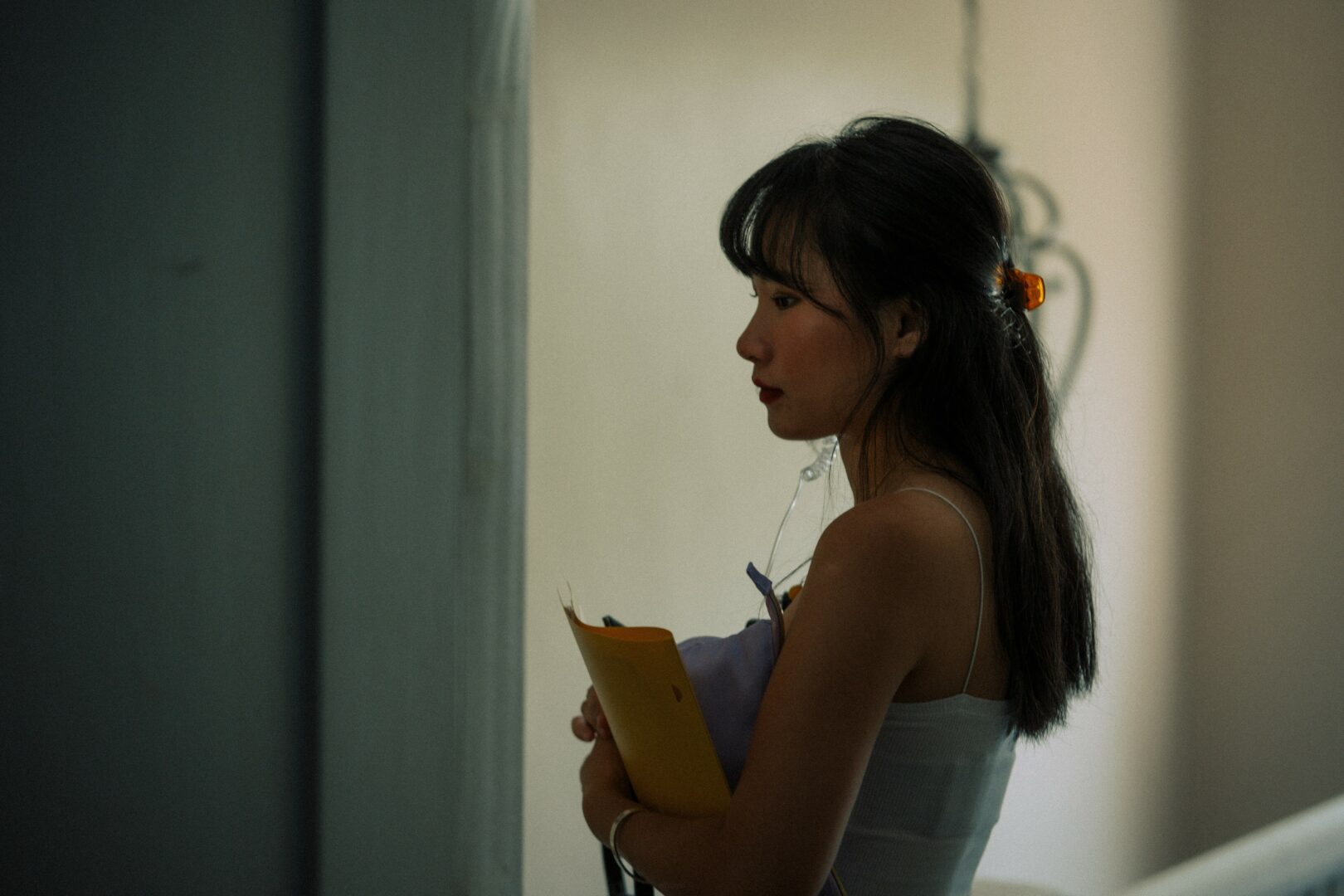
How can folks who want to work with you connect?
I’m always excited about the possibility of collaborating with passionate, creative people who love storytelling! As an editor and director, I love working with directors, writers, and producers who are excited about telling emotionally resonant stories, especially in the realm of romantic comedies, dramas, or any other narratives with strong character arcs.
I love editing but also enjoy collaborating with other post-production professionals who have unique technical or creative approaches to crafting a film’s final version.
How to connect:
You can email me at [email protected] or shoot me a message on Instagram: xinhuiwwang
Contact Info:
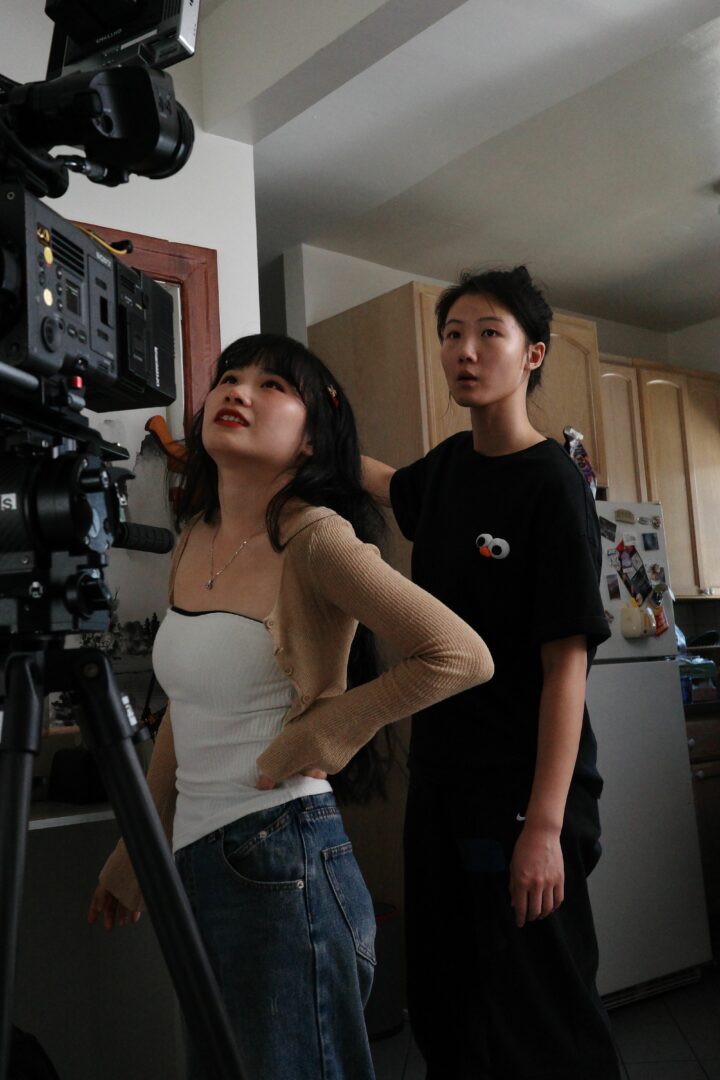
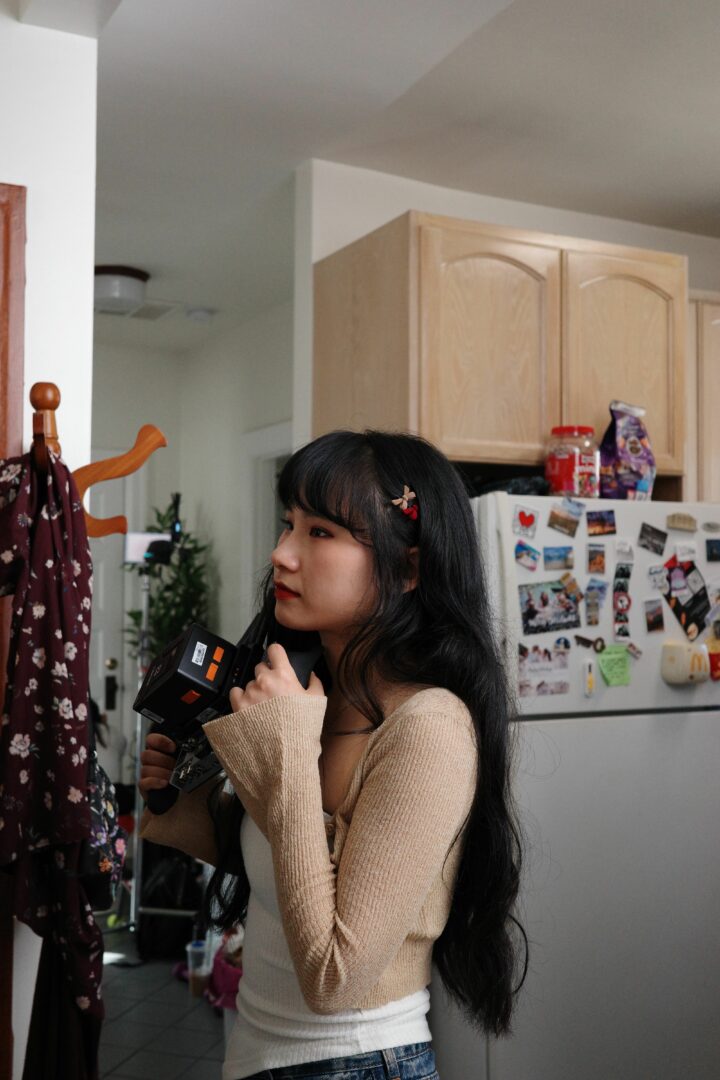
so if you or someone you know deserves recognition please let us know here.

